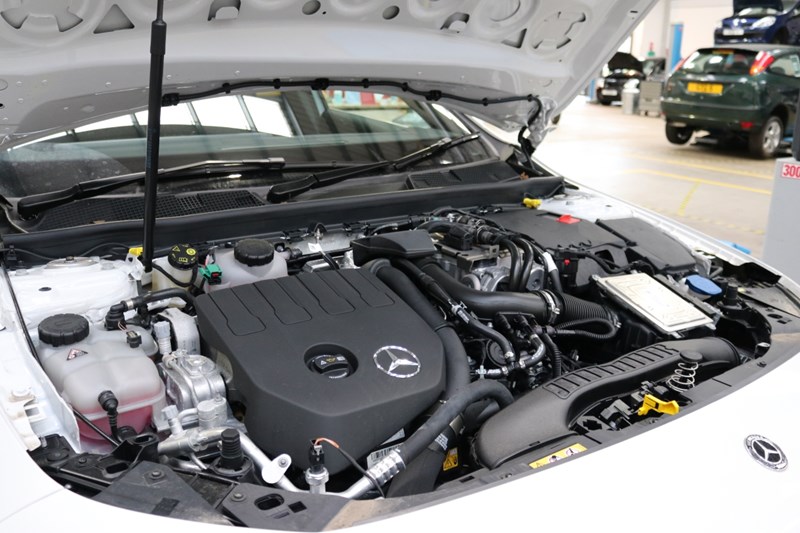When it comes to electric vehicles, or EVs, the defining debate in the auto industry is whether the demand is there among car buyers for electric cars, or whether the technology and infrastructure in 2021 is not enough to satisfy motorists’ demand for them already.

This chicken-or-egg question may have been answered by data from the Society of Motor Manufacturers and Traders, which shows that 23% of new vehicle sales in the UK in May 2021 were EVs, and from the Institute of the Motor Industry (IMI), who estimate that by the end of 2020 only 6.5% of the automotive sector were ‘EV-ready’.
The IMI has noted, in its own words, a ‘gaping chasm’ in EV infrastructure, an increase of only 1.5% on previous institute analyses of the proportion of automotive sector work qualified to work on electric vehicles.
Steve Nash, CEO of IMI, said: ‘There is no question that government, industry, and consumers are all switching on to the idea of electric motoring. The growing representation of full EVs and hybrid vehicles in overall new car sales is clear evidence of that.
‘Manufacturers and their franchise networks are certainly leading the way in giving customers more support and information, as well as upskilling their workforces.
‘However, the fact that our analysis shows such a big deficit in the EV skilled workforce should ring alarm bells for (UK and Scottish) governments’ ambitions for 2030. A recent House of Commons Public Accounts Committee report into the transition to zero-emission vehicles highlighted the need to train and retrain the workforce required to service the new car fleet.
‘But highlighting the need, and actually committing to investment in the upskilling, are two very different things. The current skills gap right across the UK economy, exacerbated by a combination of COVID-19 and Brexit, is adding a further dimension to the challenge.
‘The lack of thought given to the training needs of the swathe of businesses and individuals in the automotive sphere – from the distribution chain of car dealers to service and repair and even accident recovery – could severely hamper these governments’ ambitions. If the new parc of electric vehicles can’t be serviced and repaired safely, consumer confidence could be severely undermined.
‘The ramp-up plan for all those who are likely to work on electric vehicles – from service and repair technicians to those working in the roadside recovery and blue light sectors – now must be addressed as a matter of urgency.’
GTG has been making in-roads in the EV and hybrid maintenance training sector, upskilling technicians across their three training centres, in Arnold Clark’s branches, and for external clients with the recent launch of GTG’s Level 1 EV and Hybrid Awareness course.
Shaun Dunning, Automotive Trainer at GTG, said: ‘GTG have been pioneering EV and hybrid training for years, and with the way that the automotive industry is going, more and more people are now looking for this training.
‘We have opened up the courses to offer an introductory look at how EV and hybrid technology works in the automotive industry, making it accessible to the general public, which is of course a good place to start. As well as this course, we offer more in-depth courses aimed at those currently working in the automotive industry.
‘Overall, providing these courses is going to give more people, more exposure to how this technology functions as it becomes more prevalent in the years to come.’
To find out more about GTG’s EV and hybrid courses, visit our Automotive Technical course section.